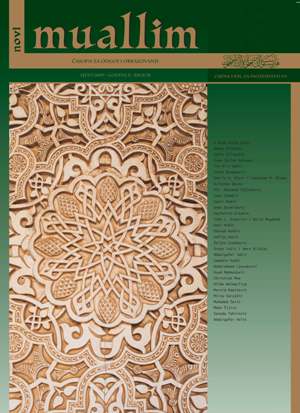ON FATWA
DOI:
https://doi.org/10.26340/muallim.v10i38.942Abstract
Fatwa is a Sharia-judicial solution, in other words, a response to a question, and is one of the oldest and most important Islamic judicial institutions. To issue a fatwa means to offer explanations and instructions for life in accordance with the ordinances of Allah. After Prophet Muhammad s.a.w.s. the issuing of fatwas gradually became institutionalized. This institutionalization, in turn, meant constant evolution of Sharia law and the interpretation of this law in a specific time and place. But the changing of fatwas to correspond with changes in time and place is a subject for Islamic Fiqh scholars, as satisfying the needs of modern Muslims means that certain traditional norms of Sharia law must be amended. In this article, the author examines some of these issues, including the development of fatwa as an institution, the form of fatwa, the differences between a fatwa and a court ruling, the possiblity of changing a fatwa, and the conditions needed for someone to become a mufti.
Downloads
Published
How to Cite
Issue
Section
License
Naknada:
a. Časopis ne naplaćuje naknadu za obradu članaka (APC) i naknadu za podnošenje članaka.
Autori koji objavljuju u ovom časopisu pristaju na sljedeće uvijete:
- Autori zadržavaju autorska prava i pružaju časopisu pravo prvog objavljivanja, pri čemu će rad jednu godinu po objavljivanju biti podložan licenci Creative Commons imenovanje koja omogućuje drugima da dijele rad uz uvijet navođenja autorstva i izvornog objavljivanja u ovom časopisu.
- Autori mogu izraditi zasebne, ugovorne aranžmane za ne-ekskluzivnu distribuciju rada objavljenog u časopisu (npr. postavljanje u institucionalni repozitorij ili objavljivanje u knjizi), uz navođenje da je rad izvorno objavljen u ovom časopisu.


